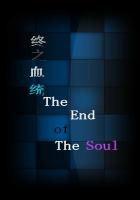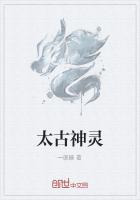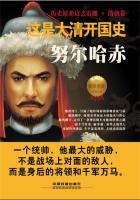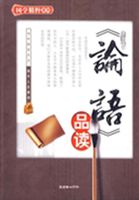In the conception of money-capital (for the time being we deal with the latter only within the confines of the special function in which it faces us here) two errors run parallel to each other or cross each other.
In the first place the functions performed by capital-value in its capacity as money-capital, which it can perform precisely owing to its money-form, are erroneously derived from its character as capital, whereas they are due only to the money-form of capital-value, to its form of appearance as money. In the second place, on the contrary, the specific content of the money-function, which renders it simultaneously a capital-function, is traced to the nature of money (money being here confused with capital), while the money function premises social conditions, such as are here indicated by the act M---L, which do not at all exist in the mere circulation of commodities and the corresponding circulation of money.
The purchase and sale of slaves is formally also a purchase and sale of commodities. But money cannot perform this function without the existence of slavery. If slavery exists, then money can be invested in the purchase of slaves. On the other hand the mere possession of money cannot make slavery possible.
In order that the sale of one's own labour-power (in the form of the sale of one's own labour or in the form of wages) may constitute not an isolated phenomenon but a socially decisive premise for the production of commodities, in order that money-capital may therefore perform, on a social scale , the above-discussed function M---C< L MP , historical processes are assumed by which the original connection of the means of production with labour-power was dissolved -- processes in consequence of which the mass of the people, the labourers, have, as non-owners, come face to face with non-labourers as the owners of these means of production.
It makes no difference in this case whether the connection before its dissolution was such in form that the laborer, being himself a means of production, belonged to the other means of production or whether he was their owner.
What lies back of M---C< L MP is distribution;not distribution in the ordinary meaning of a distribution of articles of consumption, but the distribution of the elements of production itself, the material factors of which are concentrated on one side, and labour-power, isolated, on the other.
The means of production, the material part of productive capital, must therefore face the laborer as such, as capital, before the act M---Lcan become a universal, social one.
We have seen on previous occasions [English edition: Karl Marx, Capital , Vol. I, Part VII, Moscow, 1954. -- Ed. ] that in its further development capitalist production, once it is established, not only reproduces this separation but extends its scope further and further until it becomes the prevailing condition. However, there is still another side to this question. In order that capital may be able to arise and take control of production, a definite stage in the development of trade is assumed. This applies therefore also to the circulation of commodities, and hence to the production of commodities; for no articles can enter circulation as commodities unless they are produced for sale, hence as commodities.
But the production of commodities does not become the normal, dominant type of production until capitalist production serves as its basis.
The Russian landowners, who as a result of the so-called emancipation of the peasants are now compelled to carry on agriculture with the help of wage-labourers instead of the forced labour of serfs, complain about two things: First, about the lack of money-capital. They say for instance that comparatively large sums must be paid to wage-labourers before the crops are sold, and just then there is a dearth of ready cash, the prime condition. Capital in the form of money must always be available, particularly for the payment of wages, before production can be carried on capitalistically.
But the landowners may take hope. Everything comes to those who wait, and in due time the industrial capitalist will have at his disposal not alone his own money but also that of others.
The second complaint is more characteristic. It is to the effect that even if one has money, not enough labourers are to be had at any time.
The reason is that the Russian farm-laborer, owing to the common ownership of land in the village community, has not yet been fully separated from his means of production and hence is not yet a "free wage-laborer" in the full sense of the word. But the existence of the latter on a social scale is a sine qua non for M---C, the conversion of money into commodities, to be able to represent the transformation of money-capital into productive capital.
It is therefore quite clear that the formula for the circuit of money-capital, M---C ... C'---M', is the matter-of-course form of the circuit of capital only on the basis of already developed capitalist production, because it presupposes the existence of a class of wage-labourers on a social scale. We have seen that capitalist production does not only create commodities and surplus-value, but also reproduces to an ever increasing extent the class of wage-labourers, into whom it transforms the vast majority of direct producers. Since the first condition for its realisation is the permanent existence of a class of wage-labourers, M---C ... P ... C'---M'
presupposes a capital in the form of productive capital, and hence the form of the circuit of productive capital.
II. SECOND STAGE. FUNCTION OF PRODUCTIVE CAPITALThe circuit of capital, which we have here considered, begins with the act of circulation M---C, the transmutation of money into commodities --purchase. Circulation must therefore be complemented by the antithetical metamorphosis C---M, the transformation of commodities into money -- sale.















